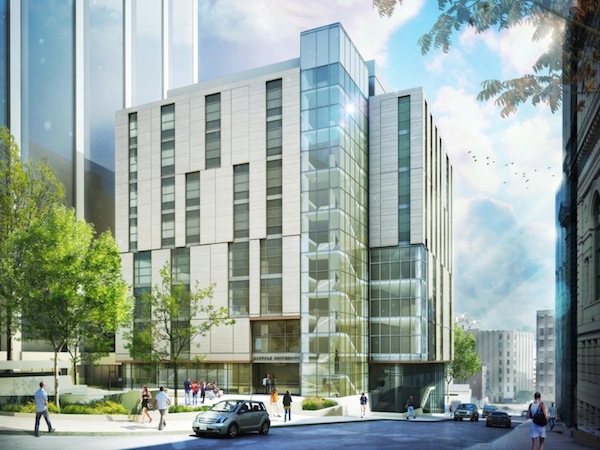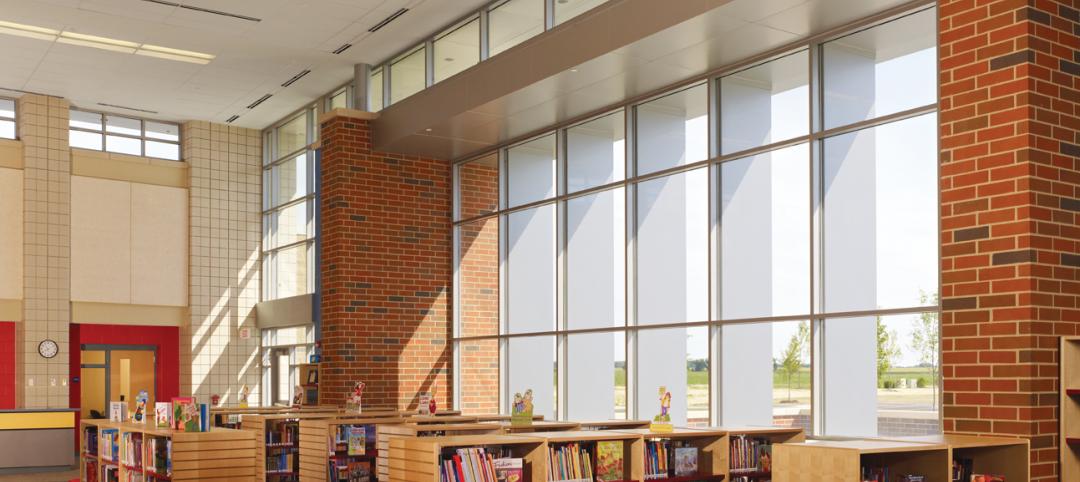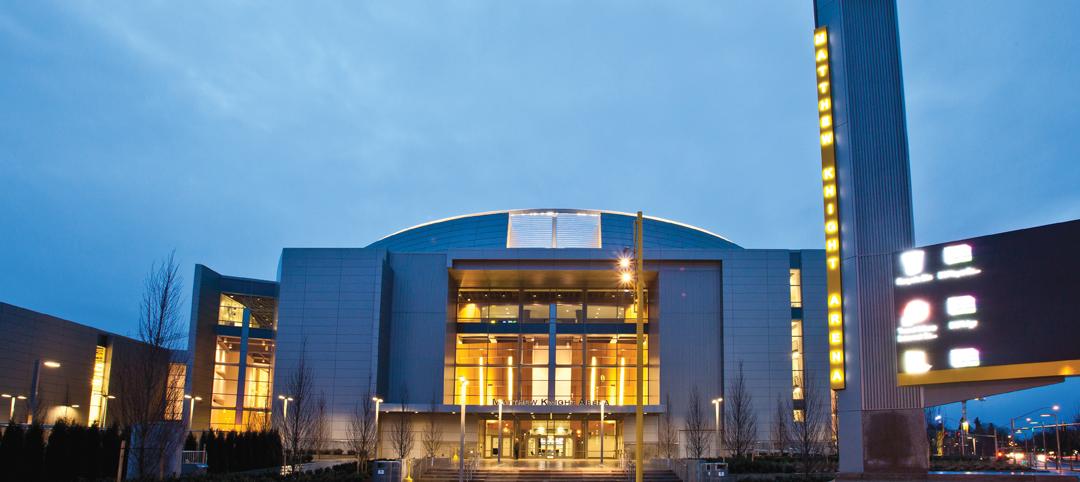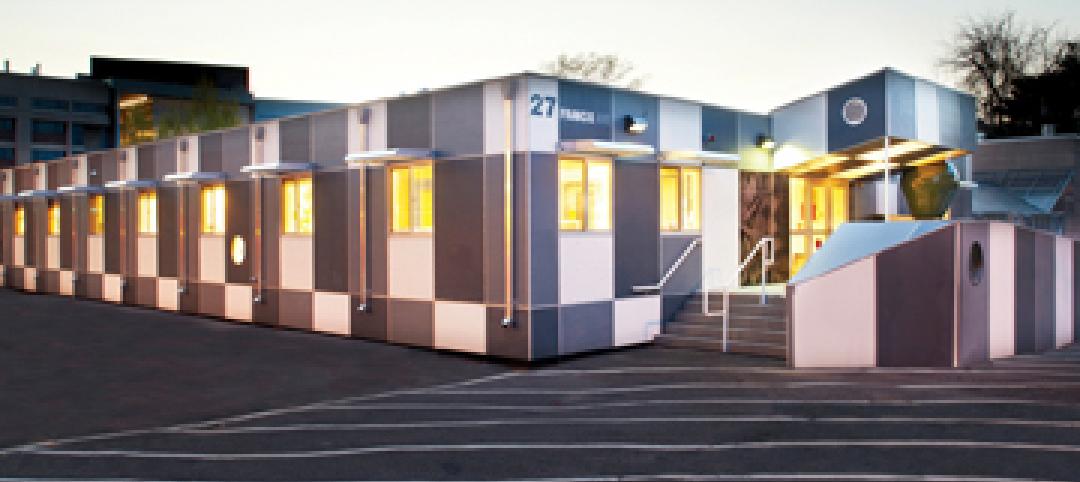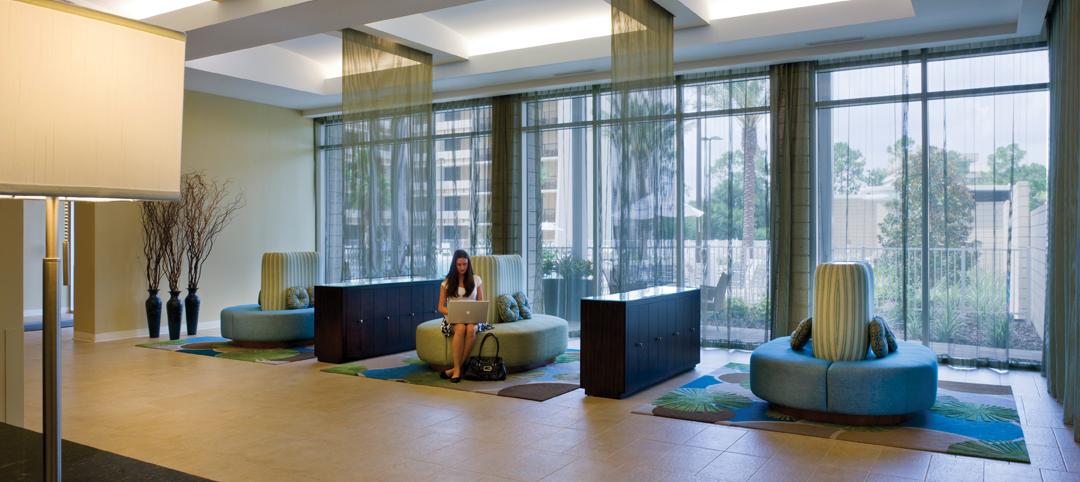The Boston Redevelopment Authority board yesterday unanimously approved Suffolk University’s plans to move forward with a new campus building at 20 Somerset St. that will feature general-use and science classrooms, a light-filled cafeteria/function space, and indoor and outdoor lounging areas.
The BRA determined that the building is in accord with the University’s Master Plan and that its impacts – which include relocating all academic classrooms from the residential part of Beacon Hill – will benefit the neighborhood. The University will now work with city, state, and preservation officials to finalize the design for the $62 million building and move forward with construction.
“This building will provide the flexible academic facilities essential for today’s learning and teaching environment,” said Suffolk University President James McCarthy. “At the same time, it shows the value of partnering with neighbors, elected officials and city agencies to find solutions that benefit all.”
The sleek new building, expected to open in summer 2015, will encompass 112,000 square feet in 10 floors, two of them partially or fully below grade. There will be four floors each of general-education and science classrooms of various sizes, providing 1,100 classroom seats. It also will include student support services.
The neighborhood will benefit as active use is restored at the site of the old MDC headquarters, which will be replaced with a building designed to be respectful of its surroundings. The new building will be adjacent to open space, and the state-owned Roemer Plaza will be landscaped to provide an inviting area for students and neighbors to gather.
The University will refit the Donahue and Archer buildings for office space and eventually sell its Fenton Building and annex on Derne Street and the Ridgeway building on Cambridge Street as part of its plan to relocate classrooms.
“Through institutional planning we’re encouraging colleges and universities to look at their assets strategically,” said Mayor Thomas M. Menino. “Suffolk University’s decision to consolidate classroom space in a new building closer to the core of their campus benefits the institution and their neighbors in Beacon Hill.”
The BRA’s approval of the redesigned project is the result of a close collaboration among Suffolk University, elected officials, and a community task force made up of members from surrounding neighborhoods, as well as with its neighbors on Beacon Hill and representatives of the abutting Garden of Peace.
"This is a textbook case of neighbors, elected officials, and the University coming together to craft a project that benefits all," said John Nucci, the University’s vice president for Government and Community Affairs. “We listened very closely to everyone involved, and the result is that we now all agree that this project will be an asset to Suffolk University, Beacon Hill, and the whole area for decades to come.”
The University is working with NBBJ on the design scheme.
Features of the 20 Somerset project include:
- Create more than 300 new construction jobs
- Seek LEED Silver certification for a building to be designed and constructed according to high standards for green design and sustainability
- Relocation of all classrooms and a cafeteria currently located within the residential area of Beacon Hill
- Return an active use to a now-vacant property
- Create a vibrant new public space for use by all through improvements to Roemer Plaza
- Maintain the existing building setback from the adjacent Garden of Peace and provide an appropriate building façade facing the Garden
- Maintain the existing building height, thus producing no new shadow on the Garden of Peace
About Suffolk University
Suffolk University, located in historic downtown Boston, with an international campus in Madrid, is a student-centered institution distinguished by excellence in education and scholarship. Suffolk University offers a wide range of undergraduate and graduate programs in more than 90 areas of study. Its mission is to empower graduates to be successful locally, regionally, and globally.
Related Stories
| Mar 16, 2011
AIA offers assistance to Japan's Architects, U.S. agencies coordinating disaster relief
“Our hearts go out to the people of Japan as a result of this horrific earthquake and tsunami,” said Clark Manus, FAIA, 2011 President of the AIA. “We are in contact with our colleagues at AIA Japan and the Japan Institute of Architects to offer not only our condolences but our profession's technical and professional expertise when the initiative begins focusing on rebuilding."
| Mar 16, 2011
Are you working on a fantastic residence hall project? Want to tell us about it?
The feature story for the May 2011 issue of Building Design+Construction will focus on new trends in university residence hall design and construction, and we’re looking for great projects to report on and experts to interview. Projects can involve new construction or remodeling/reconstruction work, and can be recently completed, currently under construction, or still on the boards.
| Mar 16, 2011
Foster + Partners to design carbon-neutral urban park for West Kowloon Cultural District in Hong Kong
Foster + Partners has been selected by the board of the West Kowloon Cultural District Authority to design a massive 56-acre urban park on a reclaimed harbor-front site in Hong Kong. Designed as a carbon-neutral development, “City Park” will seamlessly blend into existing streets while creating large expanses of green space and seventeen new cultural venues.
| Mar 15, 2011
What Starbucks taught us about redesigning college campuses
Equating education with a cup of coffee might seem like a stretch, but your choice of college, much like your choice of coffee, says something about the ability of a brand to transform your day. When Perkins + Will was offered the chance to help re-think the learning spaces of Miami Dade College, we started by thinking about how our choice of morning coffee has changed over the years, and how we could apply those lessons to education.
| Mar 15, 2011
What will the architecture profession look like in 2025?
The global economy and the economic recession have greatly affected architecture firms' business practices. A Building Futures survey from the Royal Institute of British Architects looks at how these factors will have transformed the profession and offers a glimpse of future trends. Among the survey's suggestions: not only will architecture firms have to focus on a financial and business approach rather than predominantly design-led offices, but also company names are predicted to drop ‘architect’ altogether.
| Mar 15, 2011
Passive Strategies for Building Healthy Schools, An AIA/CES Discovery Course
With the downturn in the economy and the crash in residential property values, school districts across the country that depend primarily on property tax revenue are struggling to make ends meet, while fulfilling the demand for classrooms and other facilities.
| Mar 14, 2011
Renowned sustainable architect Charles D. Knight to lead Cannon Design’s Phoenix office
Cannon Design is pleased to announce that Charles D. Knight, AIA, CID, LEED AP, has joined the firm as principal. Knight will serve as the leader of the Phoenix office with a focus on advancing the firm’s healthcare practice. Knight brings over 25 years of experience and is an internationally recognized architect who has won numerous awards for his unique contributions to the sustainable and humanistic design of healthcare facilities.
| Mar 11, 2011
University of Oregon scores with new $227 million basketball arena
The University of Oregon’s Matthew Knight Arena opened January 13 with a men’s basketball game against USC where the Ducks beat the Trojans, 68-62. The $227 million arena, which replaces the school’s 84-year-old McArthur Court, has a seating bowl pitched at 36 degrees to replicate the close-to-the-action feel of the smaller arena it replaced, although this new one accommodates 12,364 fans.
| Mar 11, 2011
Temporary modular building at Harvard targets sustainability
Anderson Anderson Architecture of San Francisco designed the Harvard Yard childcare facility, a modular building manufactured by Triumph Modular of Littleton, Mass., that was installed at Harvard University. The 5,700-sf facility will remain on the university’s Cambridge, Mass., campus for 18 months while the Harvard Yard Child Care Center and the Oxford Street Daycare Coop are being renovated.
| Mar 11, 2011
Holiday Inn reworked for Downtown Disney Resort
The Orlando, Fla., office of VOA Associates completed a comprehensive interior and exterior renovation of the 14-story Holiday Inn in the Downtown Disney Resort in Lake Buena Vista, Fla. The $25 million project involved rehabbing the hotel’s 332 guest rooms, atrium, swimming pool, restaurant, fitness center, and administrative spaces.


